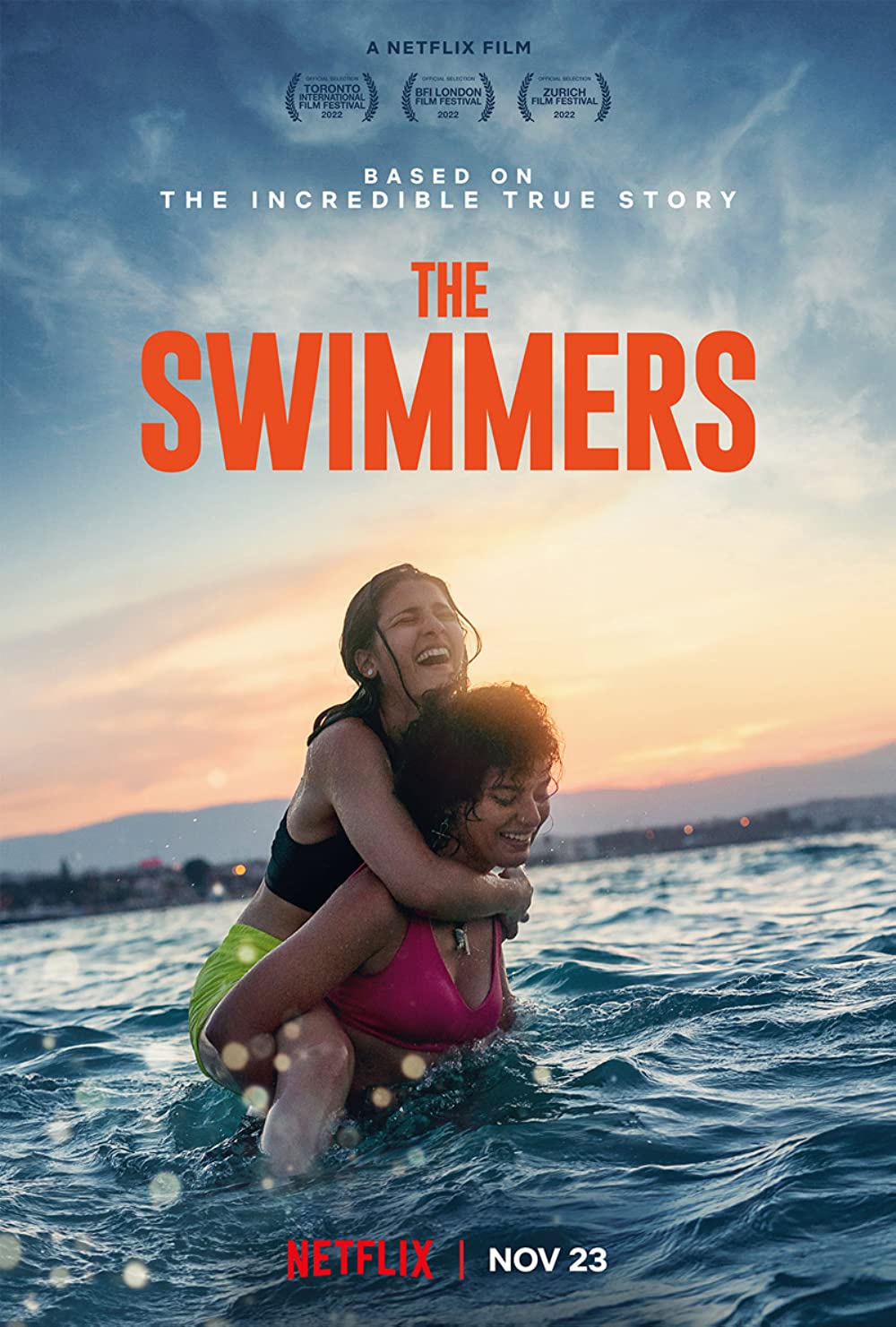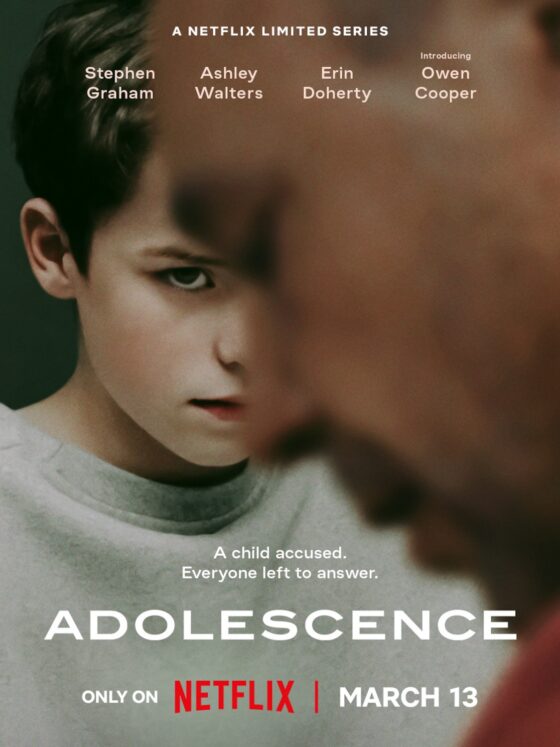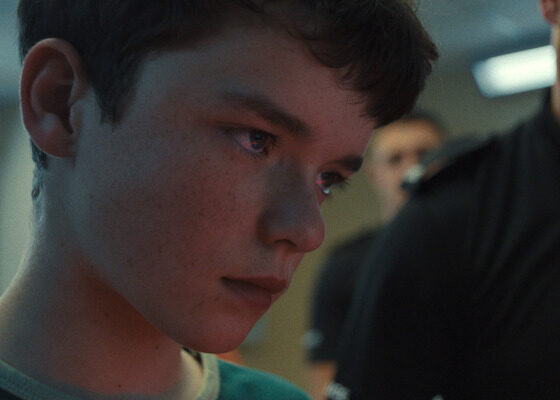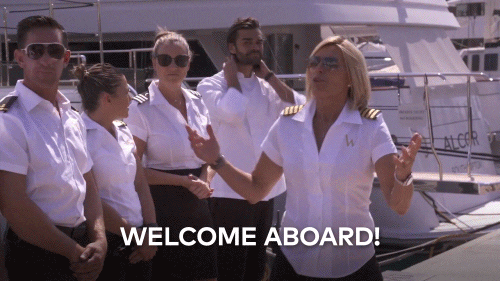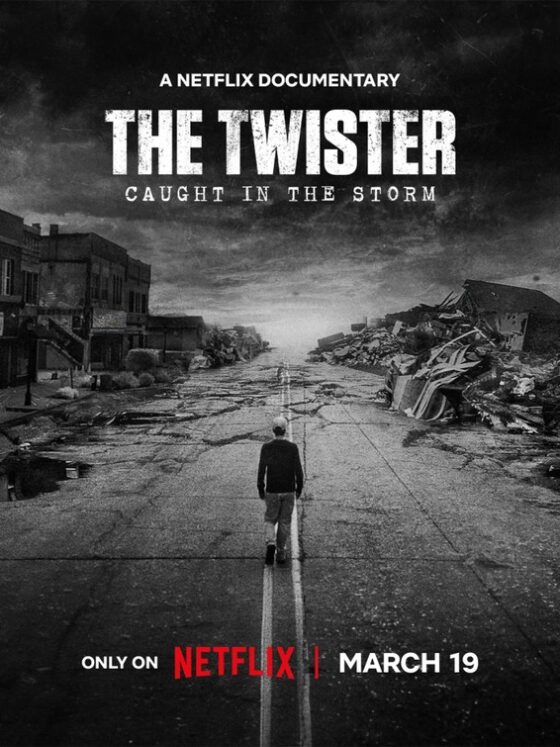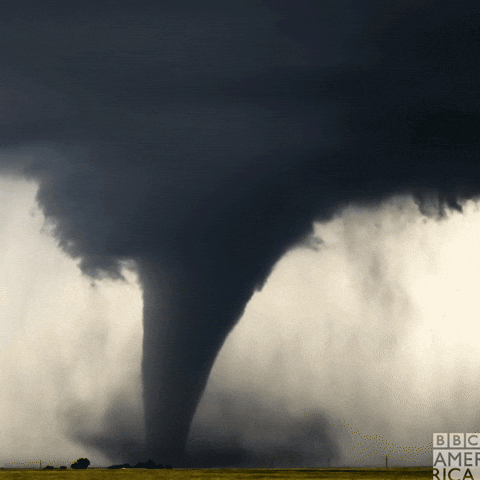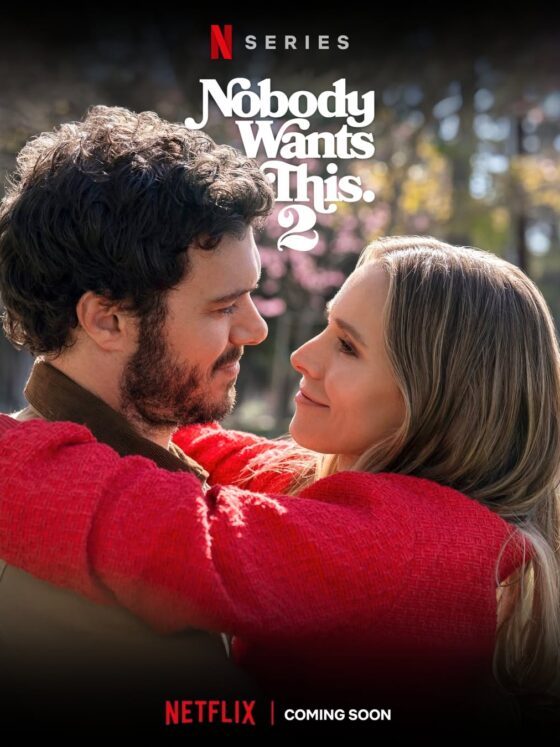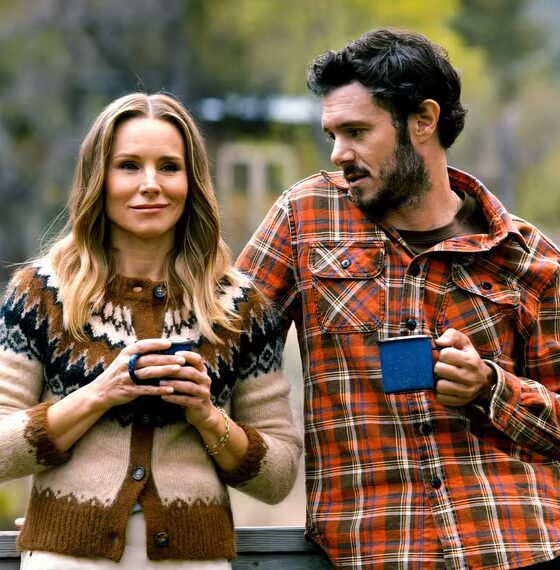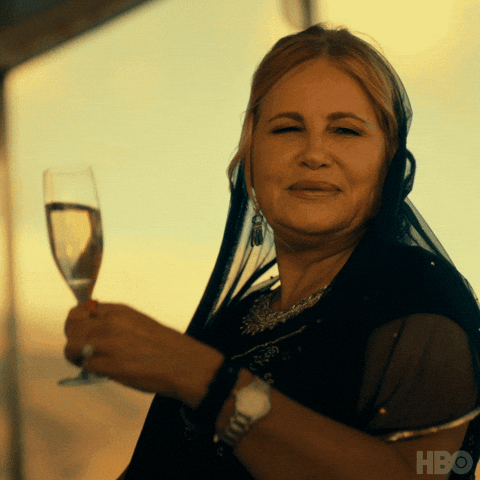Yusra always wanted to be an Olympian when she was a kid in Damascus, Syria. She started training when she was nine years old and has fond memories of watching the games with her father, a professional swimmer.
“Sometimes your purpose in life is considerably bigger than you’ve ever imagined,” says Yusra Mardini, the Syrian refugee and Olympic swimming champion whose life story is the inspiration for the new Netflix film, The Swimmers.
However, everything changed for her when she was 13 and a civil war started out. It was ruined, so she explains that we had to stay with my grandmother and occasionally with my aunt.
“School was risky, and so was swimming,” the narrator says.
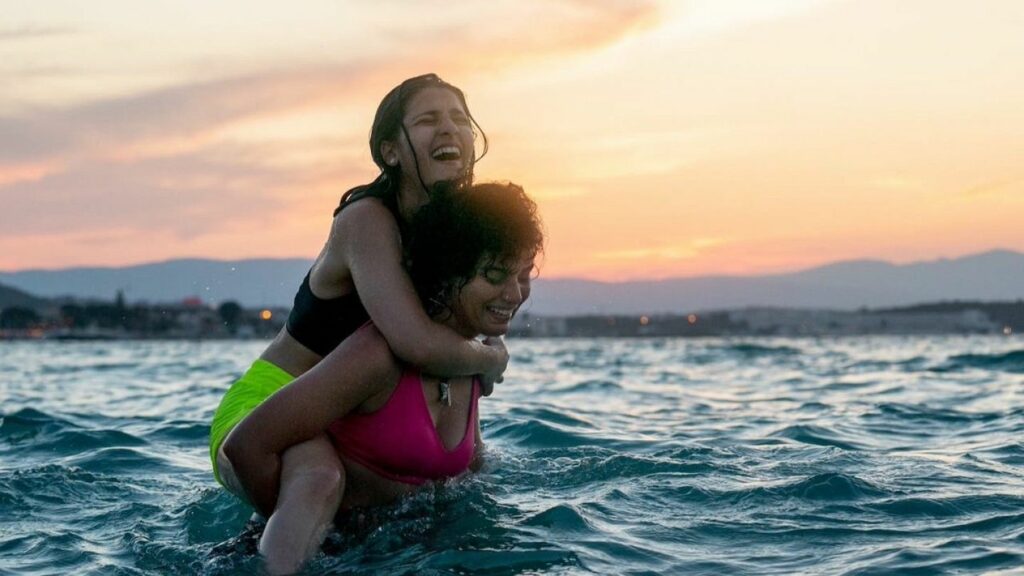
She and her older sister, Sara, decided to leave for Europe after four years of living in fear of bombardment and sniper assaults. Our only option was to leave everything behind and fight for our fundamental rights as human beings by starting over.
Everything we owned, everyone we knew, our house, and our community had to be left behind, which was incredibly difficult for me. In August of 2015, they set out on the dangerous 25-day trek after hearing tales from friends who had made the sea passage and finding information about smugglers and the routes they travelled from a Facebook group.
They went to Turkey and attempted to cross the Bosphorus in a small dinghy, but the boat’s motor gave out, and it became swamped in the middle of the passage. Without any way to control the dinghy’s direction, Yusra and Sara leapt in and, together with two others, swam for hours before they reached the nearest land.
She recalls, “I wasn’t thinking about anything; I was just trying to survive and save myself and everyone aboard the boat.” As the saying goes, “At the moment, you’re just thinking about the little stuff.”
We were forced to leave everything behind to defend our most fundamental rights as human beings and start over.
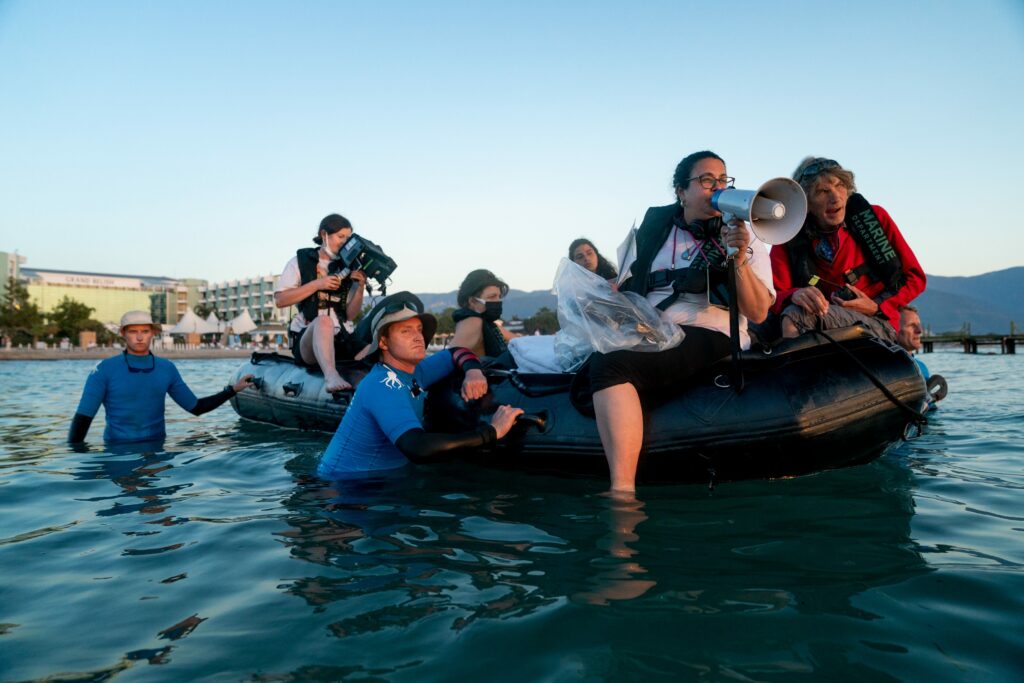
They had travelled without sustenance for three days when they finally made it to Lesbos, Greece. When they were turned away from a restaurant, a young woman helped them. They then went to Germany, becoming a second home to Yusra and Sara. Yusra says it was hard for her to get used to life in Germany initially because she thought she would go home when the war was over.
Sadly, though, that’s not what transpired. Swimming was the only activity that made me feel like I was back in my familiar environment.
She joined the Wasserfreunde Spandau club and began training, bringing her tenacity and commitment to the sport she loved; the following year, she was chosen to compete on the inaugural Refugee Olympic Team at the Rio Games. On August 29, 2017, 19-year-old Syrian swimmer Yusra Mardini, a refugee Olympic team member and UNHCR goodwill ambassador, speaks in the Tokyo 2020 headquarters about her experiences at the Rio 2016 games.
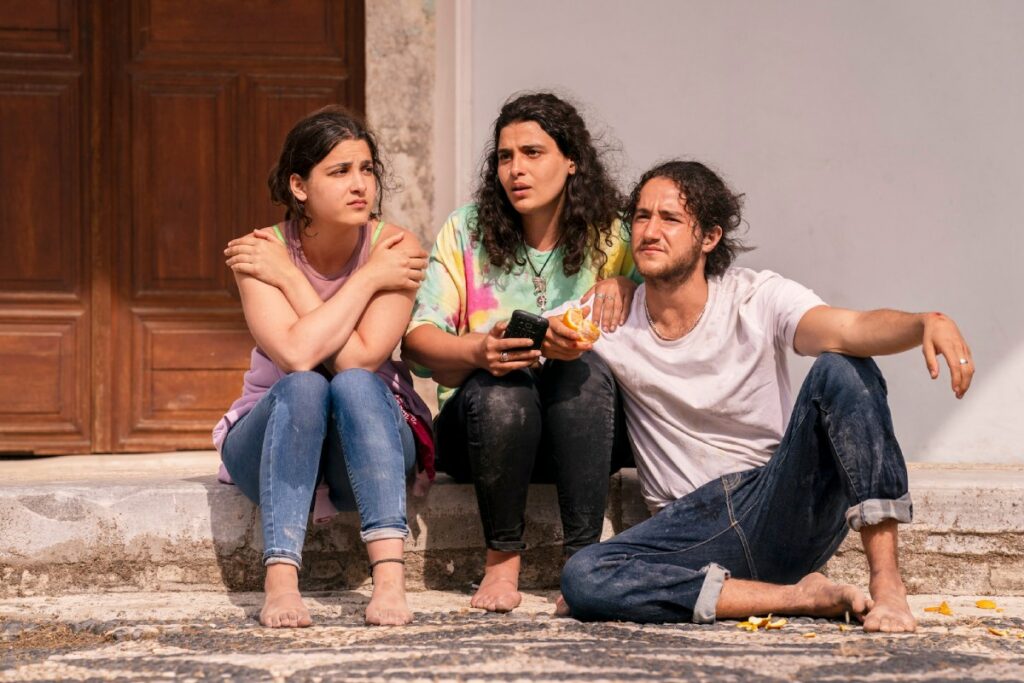
Yusra resisted the designation as a refugee for a long time because it implied things about her life that were not true.
She says that turmoil and bloodshed in your home nation make you a refugee. “Right now, refugee has various implications for me. I initially didn’t believe it. I remembered that it was just a term; thus, the definition didn’t matter. You are me.
She realised that by competing on the international stage among athletes from every country (“Michael Phelps was swimming in the same lane as me”), she was speaking for people like herself who are compelled to live in a place where boundaries do not exist.
“It gave me a sense of accomplishment, and it made me realise that I have a voice I can use to help people see that refugees are just like everyone else, with their own ambitions and dreams.”
War and violence force people to flee their own countries; thus, becoming a refugee is not something individuals choose.
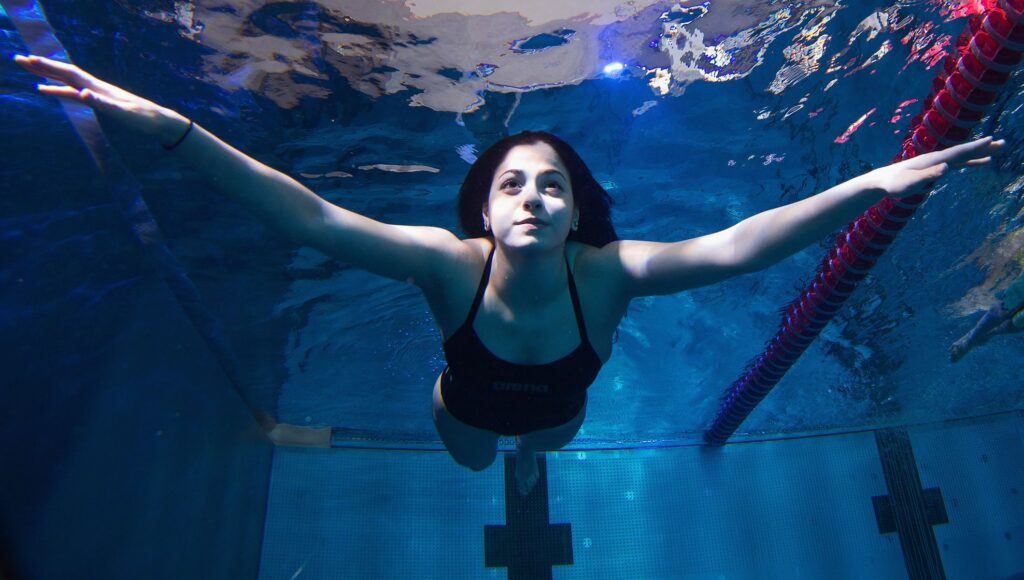
Since then, she has dedicated her life to highlighting the plight of refugees everywhere by telling her own experience and the stories of those who have fled persecution. She has visited refugee camps and talked at the World Economic Forum, Google Zeitgeist, WE Day, and the Global Women’s Forum in her role as an ambassador for the United Nations High Commissioner for Refugees.
It was a natural progression when Netflix suggested she make a film about her life, but revisiting the traumatic events leading up to her escape has been challenging. This is so unreal that it’s scary. Not every morning does one reflect on one’s life.
She admits, “It was a really emotional thing to see when we watched it on the television for two hours.” “But this film is not only about me; it tells the tale of millions of refugees around the world.”
Yusra, presently enrolled in a film and TV production programme in Los Angeles, plans to create a nonprofit next year to help refugees access education and sports. “Life brings you to places you’d never expect to be,” she says. When I was younger, I never in my wildest dreams imagined I’d be where I am now.
One of the few constants in her life is her dedication to swimming. Swimming “has taught me a lot: patience; it has taught me to know when to seek help; it saved my life,” Yusra says. Most importantly, I learnt to pick myself up and try again. It’s not over just because you’re having difficulties. A streaming version of “The Swimmers” can now be viewed on Netflix.


